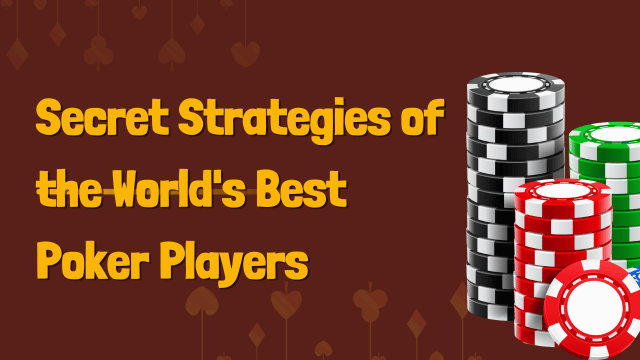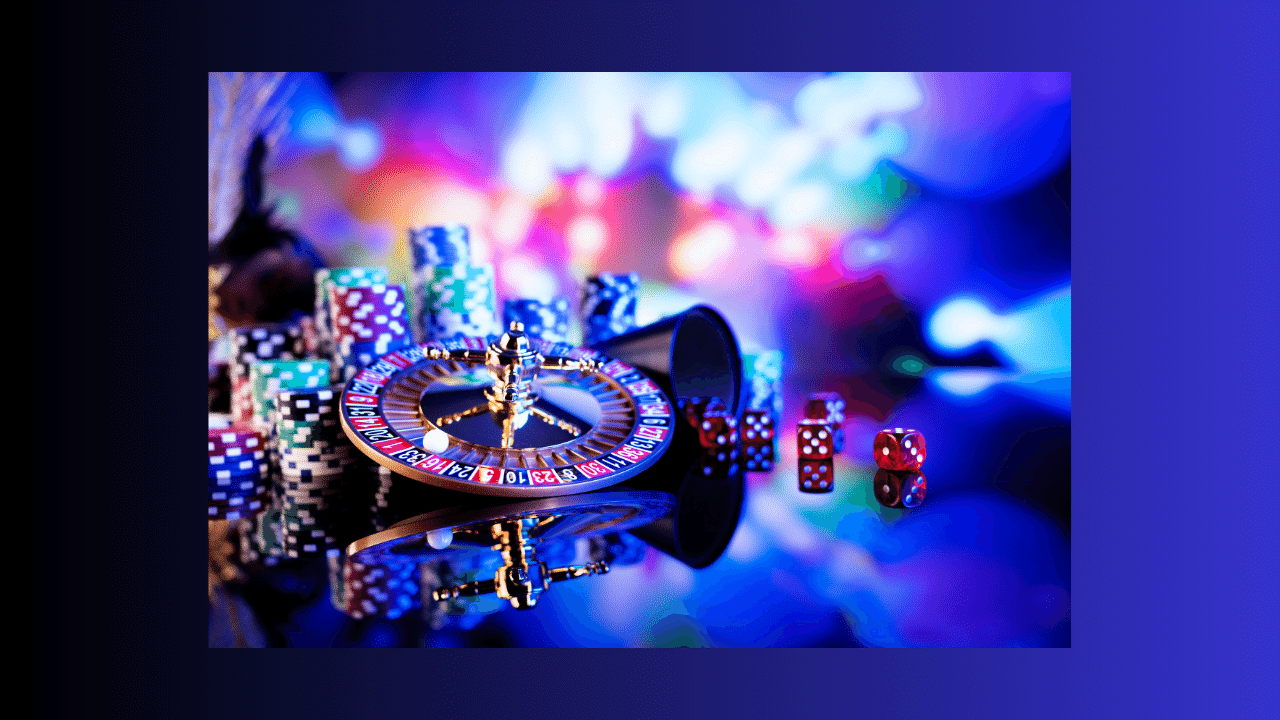There are several factors to consider when playing poker, including strategy, risk, and reward. The cards a person holds are not as important as the way in which they are played. As an art form, poker requires skill and creativity to bluff, as well as empathy to predict opponents. In this blog post, we will explore topics such as tournament tips, player profiles, and the mental game of poker to enliven the game even more.
outsideholdem.com is a popular Korean website with a focus on the Texas Hold’em version of Poker. The website’s content spans various facets of the game including tournament schedules, strategic game-play advice, player interviews, and discourses on the psychological aspects of poker. The aim is to provide readers, particularly poker enthusiasts, with insightful knowledge on a gamut of subjects ranging from tournament tips to player profiles and the mental intricacies of professional poker. Given that the website operates in Korean and targets predominantly a Korean audience, tailoring content that resonates with the demographics, culture, and interests of Korean poker fans will significantly augment the impact and effectiveness of your articles.
Poker Tournament Tips
To elevate your tournament game, here are a few condensed tournament tips:
- Poker tournaments are slower paced than cash games. It is common for amateur players to play too many hands during the early stages of their game. Having patience is one of your greatest assets.
- Be Aggressive: Maintain a balance between caution and aggression. When you’ve figured out the lay of the land, get aggressive to accumulate chips. You should remember that aggression does not just mean calling, but also raising and betting.
- Observe Your Opponents: Pay attention to how your opponents play. Are they cautious or reckless? Aggressive or passive? Understanding their game can give you the upper hand.
- Mind Your Stack: Keep an eye on your chip stack against the blinds at all times and adjust your strategy accordingly.
- Be smart with your bankroll: Do not risk more than you can afford to lose. Tournaments require buy-ins, flights, accommodations, and other expenses.
Player Profiles
Understanding common poker player profiles can arm you with useful strategies.
- The Tight Passive: These players don’t play many hands, and when they do, they prefer to check or call rather than raise or bet. They can often be bullied out of hands, making them an attractive target.
- The Tight Aggressive (TAG): TAGs are selective about their hands but play aggressively when they play. This style is generally profitable and harder to exploit.
- The Loose Passive: Also known as ‘calling stations’, these players play many hands and tend to call more than raise. They could have anything, making them a wildcard at the table.
- The Loose Aggressive (LAG): These are high-risk, high-reward players. They play many hands and are not afraid to bet or raise. They can be unpredictable and potentially dangerous opponents.
The Mental Game of Poker
At its core, poker is a mental game. Here’s how to get your head in the game:
- Develop Emotional Stability: Poker is a rollercoaster ride of emotions. It’s crucial to maintain emotional stability, control your reactions, and keep your secrets hidden at all times.
- Mental Endurance: Tournament poker games can run for hours, even days. It is crucial to develop mental stamina to make sound decisions even when exhausted.
- Cultivate Patience: Poker is a game where rushed decisions can cost you dearly. Learning to wait for good hands and right moments is a critical part of the game.
- Improve Reading Skills: Reading others is critical in poker. You need to observe behavioral cues, betting patterns, and reactions to gauge opponent’s hands.
- Focus on Decision Making, Not Outcomes: You could make the best possible decision and still lose a hand due to the inherent uncertainty in poker. It’s important to focus on the quality of your decisions than the immediate outcome.
- Self-Evaluation: Regularly analyzing your own games helps you identify and rectify your mistakes.
It is essential to observe, explore, and master poker’s strategies, behavior, and mental agility in order to become a true expert. It doesn’t matter if you’re a beginner or an experienced professional, the essence of poker remains the same – every hand holds the possibility of victory or the potential for learning. Learn how to play poker, and you’ll soon be able to beat your opponents not just with cards, but with their minds as well. Until next time, poker enthusiasts, keep the chips flying and may the odds always be in your favor!
Apologies for that oversight.
Advanced Poker Tactics
Beyond the basic strategies, there are more advanced tactics to explore:
- Bluffing: It’s not about lying — it’s about deception. A bluff convinces your opponents you hold a hand which you do not. But be cautious: a failed bluff can cost you severely.
- Semi-Bluffing: A semi-bluff is a bet or raise with a hand that isn’t the best at the moment but has potential to improve.
- Slow Playing: Sometimes, acting weak while holding a monster hand can provoke opponents to bet more, adding to your payout when you claim victory.
- Check-Raising: This tactic involves checking with a strong hand, encouraging opponents to bet, then raising to accumulate more chips.
Adaptability in Poker
Poker enthusiasts need to strive for adaptability as a crucial skill. Your poker strategies must also be fluid since no two games are the same.
You might classify a player as a ‘LAG’ based on your initial impression. However, you cannot maintain your aggressiveness against this player if he tightens up. Adapting is necessary.
The winner in poker is the one who can control the chaos, both his own and the enemy’s. Napoleon once said, “The battlefield is a scene of constant chaos. The winner is the one who can control this chaos.” The same applies to poker.
Poker Psychological Aspects
It is just as important to understand Poker Psychology as it is to understand the rules and strategies. According to Daniel Negreanu, one of the most successful poker players, you must always consider what your opponent is thinking.
Players aren’t born with the ability to delve into the mindset, predict actions, and manipulate the thinking of their opponents; it’s a skill they have to learn. Understanding human psychology can give you an edge in poker, a game of cat and mouse.
The Importance of Cool Heads
No matter how well you’ve played or how strong your hand is, there’s always a chance you’ll get hit or beat. It’s tempting for you to puff your air and let your emotions dictate your next move. This can lead to reckless decisions.
“Going on a tilt” is one of the most destructive situations for poker players. Managing your emotions, staying rational, and sticking to the strategies you’ve studied – that’s the mark of a seasoned poker player.
There’s an old saying in poker: “Minutes to learn, a lifetime to master.” And it’s accurate. Nothing beats practice and experience. So, keep playing, keep learning, and keep refining your game. Remember, it’s not the cards that win the game, but the players behind those cards! Good luck at the tables.


